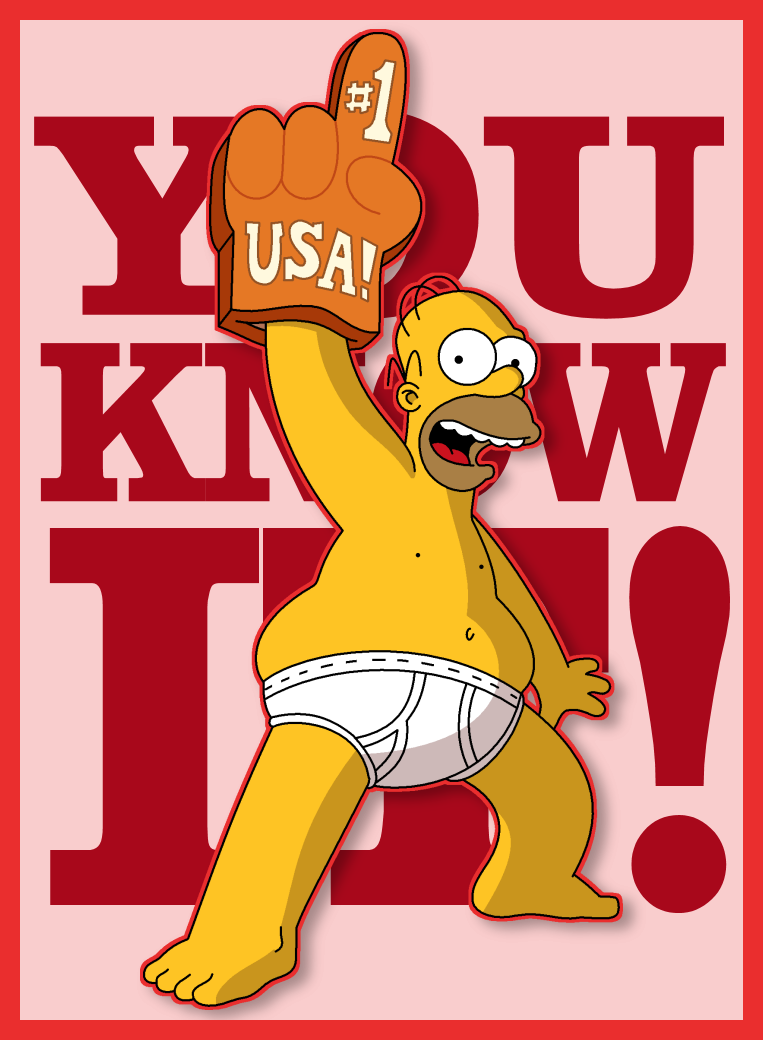This blog post is a unique one, as its purpose is a precautionary measure. If I have children and, for some reason, I am not able to teach them everything as a parent, this blog post is for them to read. Better safe than sorry. This blog post is a growing one that I will add to as I move forward in life. I have started this list at the age of 22 so that they know how early I started thinking about them.
Lessons to Teach My Children
-Most important lesson in life: Find balance in everything you do.
-When it comes to worrying about the results of decisions you will have to make, remember that you make the best decision with what you know at the time. Hindsight is 20/20. Don’t regret your decisions if they end up being a mistake.
-One person can do everything. But with people, one person can do everything faster. This is important because you’re not going to live forever and time always moves forward. No individual is more important than people.
-It’s okay to make mistakes and fail. Just don’t have regrets. And as long as you learn from a mistake, it’s never a regret.
-It's okay not to like people and for them to not like you.
-It's okay to care about what people think of you. Just don't let it consume you.
-You will always have criticism from others in anything you do that’s worth doing. That’s what makes people different. And different doesn’t imply better or worse. Just different.
-Enjoy the moments. No matter how hard or busy it gets, never let them slip by.
-Be compassionate, but don’t be naïve.
-Believe in people, but don’t be naïve.
-Make decisions today that your future self won’t regret and will thank you for.
-Learn to not just be okay being alone but learn to actually enjoy it sometimes.
-Even though you’ll have many people in your life, YOU will always be with you. You’re the only constant in your life. Don’t forget that the experiences you have will only be yours to experience at the end of the day. That’s why it’s important you take care of yourself and that you are happy with yourself.
-Don’t feel you need to flaunt your happiness. All that matters is that you are genuinely happy.
-Never put all your eggs in one basket. Nothing should ever be "all you got". Don’t be a one-trick pony, no matter how good that trick is.
-Don't ever stop learning.
-Don't let looking like a fool ever stop you from learning. While other people are preoccupied with appearances, you'll be building your empire.
-Learn from what people do and don’t do and use it to be the best version of yourself.
-Learn from others. It saves you time. That includes learning from their past experiences because it'll save you from pain and suffering you could have avoided.
-You will go through pain and suffering. Learn to even cherish suffering as it'll be an extremely effective way to not make the same mistake again and learn a new lesson. We tend to remember negative events more than positive ones. Use that to your advantage. Grow from it.
- You don't need to know everything. And you need to be okay with not knowing everything because you never will. But never stop striving to know everything.
-Make sure to reflect often on how far you’ve come, even the little things.
-Don't let your ego get in the way of anything. But don't let that stop you from building true self-confidence.
-Don't think you’re better or worse than anyone else. Don't compare yourself to anyone other than your past and future selves.
-Everything is an opportunity. Failures, a breakup, boring conversations. It might be hard to see it, but everything is an opportunity for growth. To learn something about yourself and the world. To be better and/or happier.
-Exercise and eat well. It's the only proven method to stay healthy and fit, not to mention the numerous neurological and mental health benefits.
-Always wash your hands when you come home, as well as before and after you eat.
-Brush your teeth in the morning and before you sleep.
-Always floss as often as you brush.
-Be gentle when brushing (don’t destroy your enamel).
-Have a mechanic friend. It probably will come in handy one day.
-Learn coding.
-Know your grammar.
Things to Remember as a Parent:
- Never hit your child.
- Make sure child’s posture is straight to prevent hunchback.
- Get children to walk barefoot a lot to create the natural arches in their feet and so they are not flat footed.
- Take folic acid while baby is in gestation (not the father; that doesn't help).
- Teach them how to cook.
- Teach them how to do the laundry.
- Teach them to dance (hip-hop, salsa).
- Make sure they learn how to code.
- Encourage them to learn at least one other language.
- Make sure they go to the dentist at least every six months.
TV Shows for them to watch:
- Kim Possible
- Arthur
- Magic School Bus
Love you.














